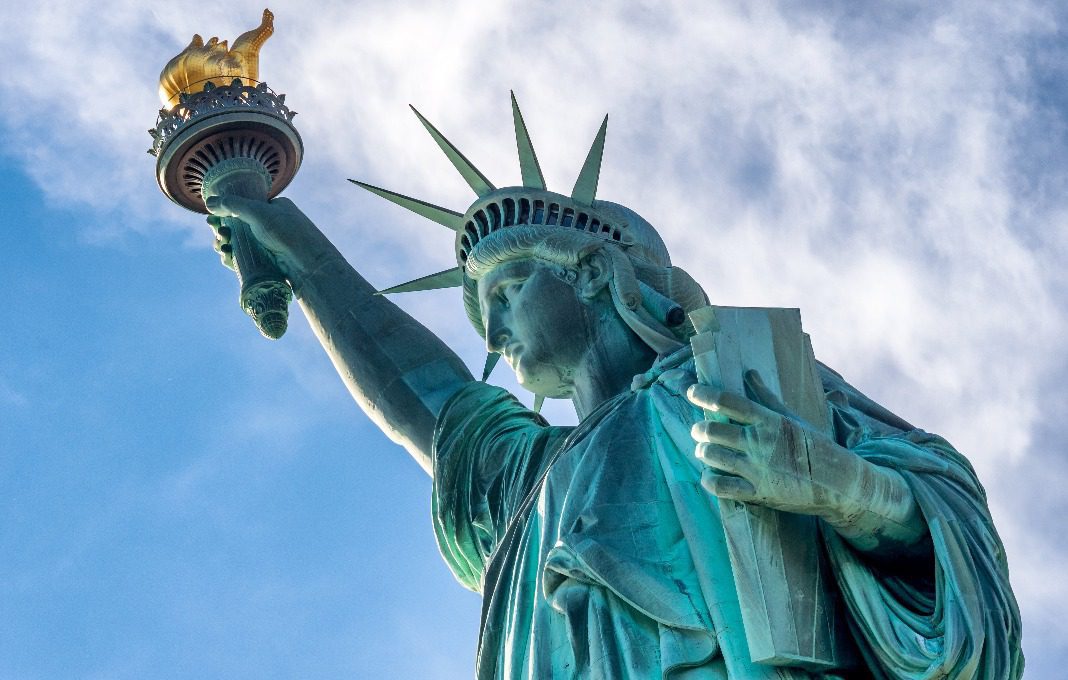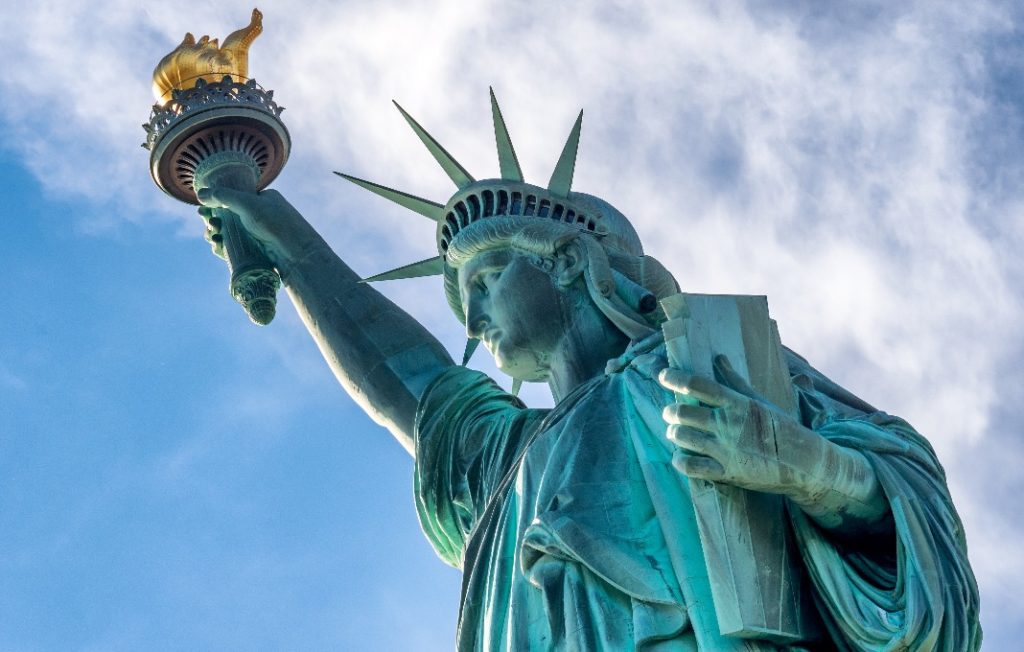Why Fix Immigration? Three CEOs Make The Case



Apple pie, “God Bless America,” hot dogs and hamburgers were created by immigrants, along with iconic American companies like Intel, Google, Tesla and Uber. More than half of startups with revenues of $1 billion or higher have immigrant founders or co-founders. Immigrants or children of immigrants are responsible for creating some 45 percent of F500 companies. This July 4th, let’s consider three such leaders:
Chobani has 2,000 employees and a $10 billion valuation with plans for an IPO. Founder Hamdi Ulukaya represents an inspiring first-generation immigrant, self-made success story. Of Turkish Kurd ethnicity, his family led a seasonally semi-nomadic existence tending and herding their flocks.
Ulukaya, who came to the U.S. at age 25 with $3,000 and limited English, took a job on an upstate New York farm and imported the family’s feta cheese from Turkey.
He partnered, first with a small wholesale feta cheese plant in Johnstown, New York, in 2002, then used a $800,000 SBA loan and local economic development grants to purchase an abandoned dairy plant in New York State—which became Chobani. Unable to secure private financing, he relied on government loans and personal savings.
Ulukaya is a distinguished interfaith human rights leader, who draws on teaching from his own Islamic faith in hiring thousands of refugees from varied cultural backgrounds and providing support/training/skills programs to help them acclimate.
Named for the Revolutionary War hero, furniture maker Ethan Allen celebrates its 90th anniversary this year, thanks largely to Kashmir-born Farooq Kathwari. He came to this country with no money but climbed to become CFO of Rothschild before leading an LBO for Ethan Allen that enabled him to revamp its operations, with vertical integration across retail, design and manufacturing.
CEO since 1987, he has been exporting to China for over 20 years, having set up 100 showrooms there. Roughly 80 percent of manufacturing is in North America. In the 1990s, Kathwari said he considered “taking the easy route of moving manufacturing to east Asia but I said no.” Instead, he chose two U.S. locations: Vermont for wood and North Carolina for upholstery. He has been investing in leading human rights causes and interfaith understanding in the U.S. and abroad. He’s chaired Refugees International, as well as a family foundation that funds scholarships for employees children.
Tel Aviv-born Adi Tatarko built her home-design website Houzz into the most highly valued private U.S. company run by a female founder. Worth over $4 billion, Houzz has 40 million unique users and 1,700 employees and is primed for an IPO.
Tatarko founded the company from her kitchen table after coming to the U.S. to live in Silicon Valley and experiencing issues remodeling her home. Asked about her entrepreneurial spark, she credits growing up in a country that “embraced women in general. We have Golda Meir.”
More directly, her heritage is anchored upon a family of self-made women, including a mother who led her own real estate business and grandmother who somehow survived four concentration camps to became a successful Israeli fashion designer. Tatarko drew from her family’s spirit of resilience to help her company and its dedicated workforce survive the pandemic.
Operating success secrets from such immigrants include: imagination, hard work, reinvention, pride in heritage and the self-confidence to avoid discouraging cliches. How truly American.


0

1:00 - 5:00 pm
Over 70% of Executives Surveyed Agree: Many Strategic Planning Efforts Lack Systematic Approach Tips for Enhancing Your Strategic Planning Process
Executives expressed frustration with their current strategic planning process. Issues include:
Steve Rutan and Denise Harrison have put together an afternoon workshop that will provide the tools you need to address these concerns. They have worked with hundreds of executives to develop a systematic approach that will enable your team to make better decisions during strategic planning. Steve and Denise will walk you through exercises for prioritizing your lists and steps that will reset and reinvigorate your process. This will be a hands-on workshop that will enable you to think about your business as you use the tools that are being presented. If you are ready for a Strategic Planning tune-up, select this workshop in your registration form. The additional fee of $695 will be added to your total.

2:00 - 5:00 pm
Female leaders face the same issues all leaders do, but they often face additional challenges too. In this peer session, we will facilitate a discussion of best practices and how to overcome common barriers to help women leaders be more effective within and outside their organizations.
Limited space available.

10:30 - 5:00 pm
General’s Retreat at Hermitage Golf Course
Sponsored by UBS
General’s Retreat, built in 1986 with architect Gary Roger Baird, has been voted the “Best Golf Course in Nashville” and is a “must play” when visiting the Nashville, Tennessee area. With the beautiful setting along the Cumberland River, golfers of all capabilities will thoroughly enjoy the golf, scenery and hospitality.
The golf outing fee includes transportation to and from the hotel, greens/cart fees, use of practice facilities, and boxed lunch. The bus will leave the hotel at 10:30 am for a noon shotgun start and return to the hotel after the cocktail reception following the completion of the round.